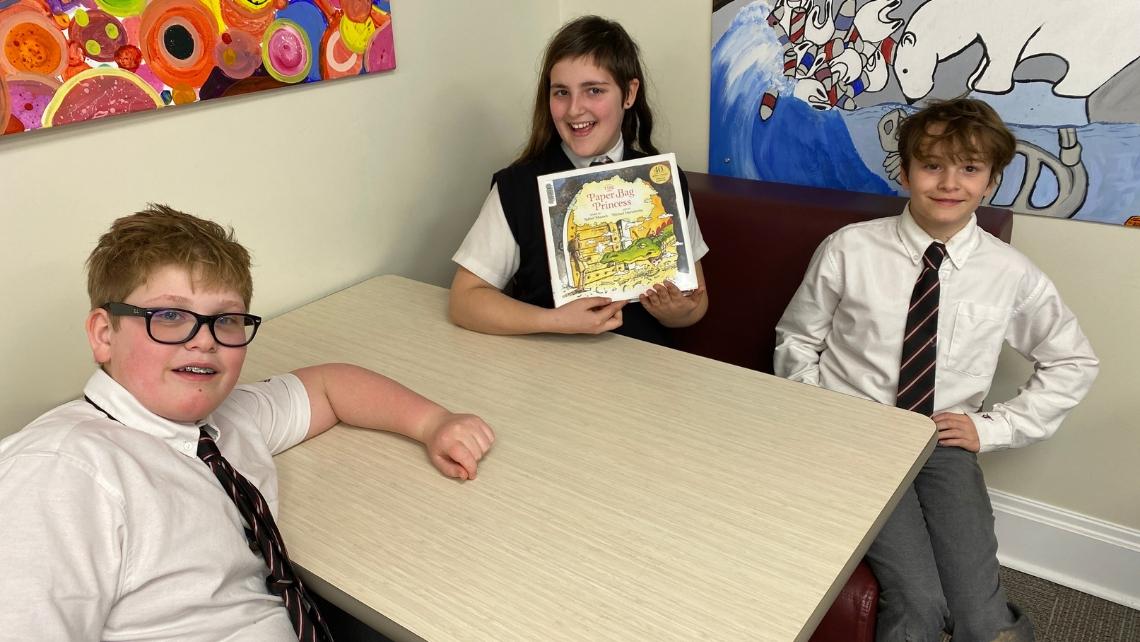The Golden Compass. The Handmaid’s Tale. Underground to Canada. Of Mice and Men. What do these titles have in common? Each was the subject of a challenge attempting to have it removed from schools or libraries in Canada.
To promote discussion of issues of censorship in Canada, each year in late February “Freedom to Read Week” is held. First created by the Book and Periodical Council (BPC) of Canada, this year Freedom to Read expanded to become a project of the Library & Archives Canada, the Canadian Urban Libraries Council and Ontario Library Association, working in partnership with BPC. While we enjoy protection of free expression through the Charter of Rights in Canada, issues of censorship and intellectual freedom remain a concern, and the need to encourage ongoing discussion and awareness of these rights is critical.
The libraries at Trinity College School are taking part in Freedom to Read Week. From February 18th to 24th, they are joining libraries and schools across the country in raising awareness and encouraging us all to think about the impacts of censorship.
In the Senior School, the librarians created a display featuring books that have been challenged through the years, including many favourite titles and critical pieces of high school curricula. The button-making machine was put to good use, allowing students to create buttons featuring the covers of challenged books or slogans around the value of free expression. There was also a large word search puzzle that included the names of authors whose works we might not be able to access if such freedom of expression were not preserved.
In the Junior School, a similar display was created of challenged and banned books, and students were given the chance to share their own thoughts on what the “freedom to read” means to them. “Freedom to read means knowing and learning about topics that will help me as an adult,” one student wrote.” “Freedom to read means to me that you can see yourself in the book and feel good to be who you are and feel seen,” said another.
And, as one student notes, “Freedom to read is freedom to experience and grow as a human. If the only world we know is one identical to what we already know, how do we learn?”
Visit the Freedom to Read website for more information on intellectual freedom in Canada.






